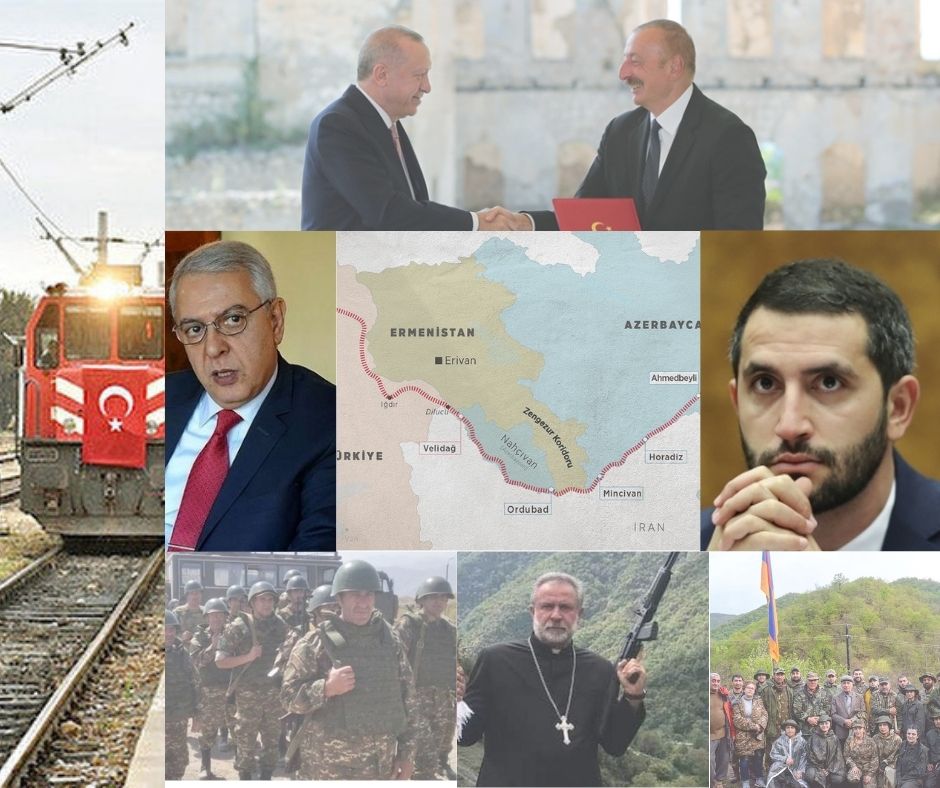
While special delegates of Armenia and Turkey came together in Moscow on 14 January 2022, interesting developments keep being taken place. Authorities of the Foreign Ministry of Armenia has uttered that they are hopeful about establishing diplomatic relations with Turkey and reopening borders.[1] According to the Armenian authorities, Armenia showed goodwill by opening her airspace to the planes of Azerbaijan and Turkey.[2] Moreover, reciprocal flights between Turkey and Armenia are to be started again. In addition to these, the embargo that was applied to Turkish products has been lifted. Bilateral talks between Turkey and Armenia started as of January 14 in such an environment. After the talk, foreign ministries of both countries have issued a common text and stated that delegates have agreed upon “continuing negotiations for full normalization without any prerequisite”[3]
However, this promising development about Armenia-Turkey relations is closely related to Armenia’s contributions to regional peace. Because in the past, the reason why the border between Armenia and Turkey was closed and diplomatic relations were not established was the attacks that Armenia launched against Nagorno-Karabakh, Zangezur and Nakhchivan. After the invasion of Nagorno-Karabakh, Turkey first closed the commercial flights and transportation routes to Armenia, then closed the borders until the invasion stopped. Therefore, Armenia-Azerbaijan relations have become one of the important factors in Turkey-Armenia relations.
Within this context, when we look at the developments in the period that we are in, while positive steps have been taken by Armenia under the influence of Russia, some internal developments lead to the perception that nothing has changed. Because the peace-seeking environment that was emerged after the 2020 Karabakh war is being tested by Armenia’s moves occasionally. One of them was the tensions that emerged on the Azerbaijan-Armenia border during the 2021 Armenia elections. Because the Armenian authorities, during the border marking works on the current borderline of Azerbaijan, reflected the situation as Azerbaijani soldiers crossed the border and attacked Armenia. Due to the tensions that started right before the elections, Tigran Avinyan, Deputy Prime Minister of Armenia, stated that they had asked for help from the Collective Security Treaty Organization (CSTO).[4] However, people were confused when it was reported that there was no official application from Armenia to the CSTO secretariat.
While the interest and belief in CSTO decreased in Armenia, the recruitment of Armenian soldiers to the peacekeeping force within the framework of the CSTO in order to calm the events in Kazakhstan caused the people of Armenia to turn their eyes to the CSTO once again. Meanwhile, ceasefire violations started to become more frequent in the Azerbaijan-Armenia contact line once again.
On one hand ceasefire violations have been continuing, on the other hand, it has been reflected in the Armenian press on January 14 that reserve soldiers of the Armenian army have been called for training. Calls for mobilization of reserve soldiers in Armenia started in the middle of last year. The training, which started on August 25, is held in 3-month periods. The 3rd group reserve soldier was also called for training. The notion that volunteers in the Armenian army made inadequate and ineffective defence during the Karabakh war is a common thought in Armenia. It can be predicted that the Armenian army started such a practice after criticisms.
Some armed groups arguing Armenia has such deficiency in terms of the military have carried out such activities independent from the State of Armenia for a while. The most significant of them is a special armed group called VoMA which call themselves the “Armenian reserve army”. This armed group that consists of volunteers, announces on their website that they provide weapon training for volunteers against possible threats from “Turks” in Armenia. This armed group also participated voluntarily in the 2020 Karabakh war and did not lay down their arms afterwards and continued to “voluntary” weapon training. Moreover, this group had previously appeared in the media with images of the priest holding a gun in one hand and a cross in the other. It can also be seen on the website and social media accounts of the group that the priest has held religious ceremonies to support the group
Separatists who desire the conflicts in Armenia to restart still continue their existence. Such groups are supported not only by the Armenian opposition but also by the de facto structure that continues to exist in Khankendi. However, a new conflict between Azerbaijan and Armenia or a new invasion attempt of Armenia against Azerbaijan will also affect the future of relations with Turkey. In the message issued by the Turkish Ministry of Foreign Affairs on the occasion of the re-establishment of Turkey's diplomatic relations with Azerbaijan on January 14, it was also underlined that the said relations “reached an alliance with the Shusha Declaration”.[5] According to the Shusha Declaration, in the event of an attack on either party’s territorial integrity and sovereignty, it is stated that, in accordance with the UN rules, the parties shall make the necessary cooperation in order to prevent the attack. Therefore, any attack by Armenia on Azerbaijani lands will keep being closely related to the relations with Turkey.
Overlooking the activities of extremist and nationalist groups in Armenia is against Armenia's own interests and benefits. Because, again on January 14, Armenian Prime Minister Pashinyan ordered the establishment of a working group to start the restoration work of the Megri-Yerkassh railway line, which will establish the railway connection with Azerbaijan.[6] This is a huge step in terms of opening regional transportation lines. It is pointed out that Armenia adheres to its will to take part in regional projects.
It is necessary to continue to monitor whether these developments in Armenia will have lasting effects in the short term and their long-term effects on Azerbaijan-Armenia-Turkey relations
[1] “Ermenistan Dışişleri Bakanlığı’ndan Türkiye açıklaması,” Ermenistan Kamu Radyosu, 14 January 2022, https://tr.armradio.am/2022/01/14/ermenistan-disisleri-bakanligindan-turkiye-aciklamasi/.
[2] “Are ties finally warming between Turkey and Armenia?,” Ahval News, 2 September 2021, https://ahvalnews.com/turkey-armenia/are-ties-finally-warming-between-turkey-and-armenia.
[3] “No: 18, 14 Ocak 2022, Türkiye ile Ermenistan Normalleşme Süreci Özel Temsilcileri Büyükelçi Serdar Kılıç ve Ermenistan Parlamentosu Başkan Yardımcısı Ruben Rubinyan’ın Görüşmeleri Hk. ,” Republic of Turkey MFA, 14 January 2022, https://www.mfa.gov.tr/no_-18_-turkiye-ile-ermenistan-normallesme-sureci-gorusmeleri-hk.tr.mfa.
[4] “Armenia-Azerbaijan Conflict: Has Armenia Requested ‘CSTO Intervention’ Over Border Tensions With Azerbaijan,” Eurasian Times, 14 May 2021, https://eurasiantimes.com/armenia-azerbaijan-conflict-armenia-requests-csto-intervention-over-border-tensions-with-azerbaijan/.
[5] “No: 17, 14 Ocak 2022, Azerbaycan’la Diplomatik İlişkilerimizin Yeniden Tesisinin 30’uncu Yıldönümü Hk.,” Türkiye Cumhuriyeti Dışişleri Bakanlığı, 14 Ocak 2022, https://www.mfa.gov.tr/no_-17_-azerbaycan-la-diplomatik-iliskilerimizin-yeniden-tesisinin-30-uncu-yildonumu-hk.tr.mfa.
[6] “PM Pashinyan orders creation of a working group to restore Yeraskh and Meghri sections of the railway,” Ermenistan Kamu Radyosu, 14 Ocak 2022, https://en.armradio.am/2022/01/14/pm-pashinyan-orders-creation-of-working-group-to-restore-yeraskh-and-meghri-sections-of-the-railway/.
© 2009-2025 Center for Eurasian Studies (AVİM) All Rights Reserved
No comments yet.
-
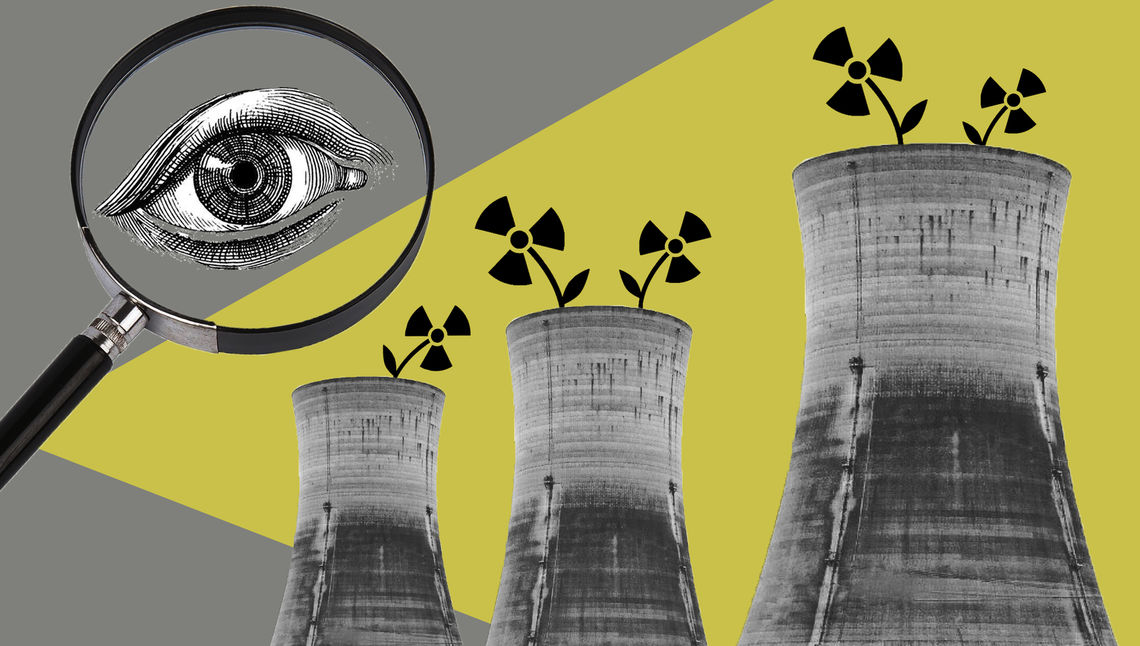 HOW LONG WILL THE THREAT OF METSAMOR CONTINUE?
HOW LONG WILL THE THREAT OF METSAMOR CONTINUE?
Tutku DİLAVER 17.09.2019 -
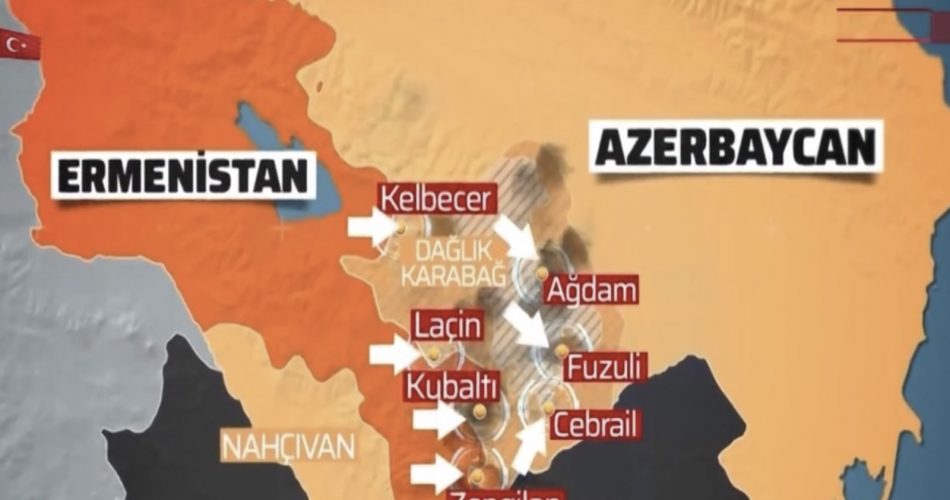 THE CONFLICT BETWEEN AZERBAIJAN-ARMENIA FROM TOVUZ TO NAGORNO KARABAKH
THE CONFLICT BETWEEN AZERBAIJAN-ARMENIA FROM TOVUZ TO NAGORNO KARABAKH
Tutku DİLAVER 07.10.2020 -
 DEVELOPMENTS IN ARMENIA IN THE FIRST DAYS OF 2022
DEVELOPMENTS IN ARMENIA IN THE FIRST DAYS OF 2022
Tutku DİLAVER 18.01.2022 -
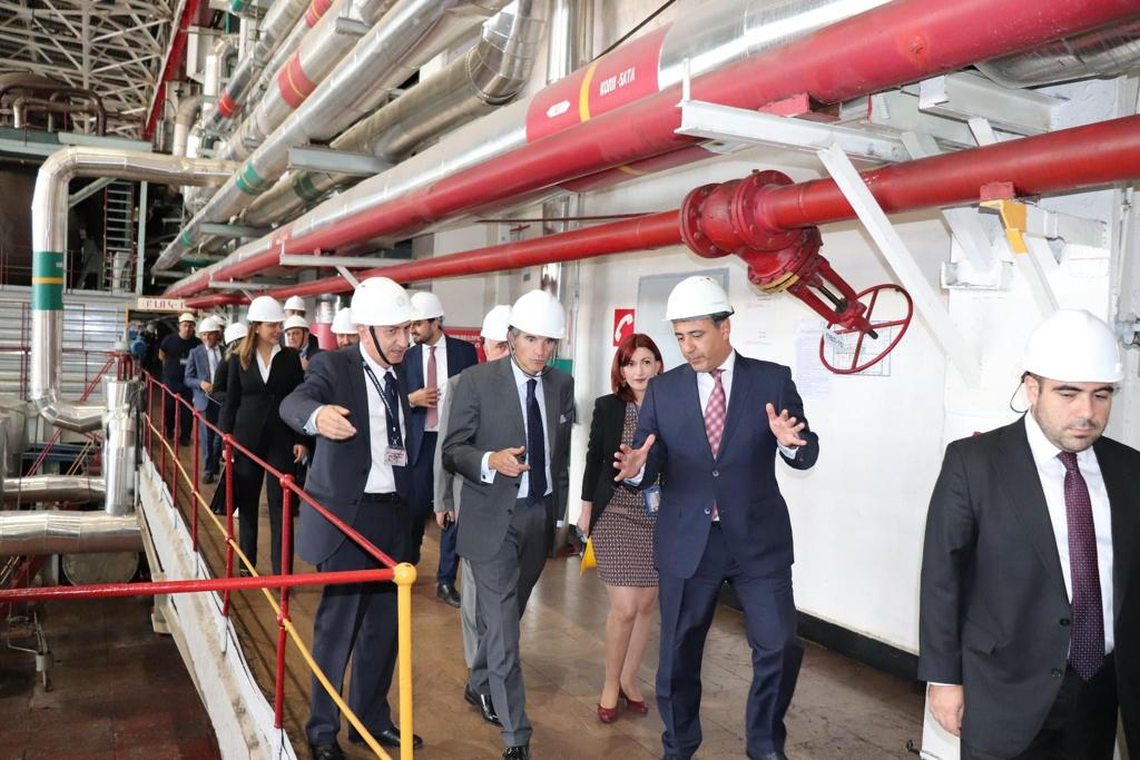 IS THE THREAT POSED BY THE METSAMOR NUCLEAR POWER PLANT BEING OVERLOOKED?
IS THE THREAT POSED BY THE METSAMOR NUCLEAR POWER PLANT BEING OVERLOOKED?
Tutku DİLAVER 10.11.2022 -
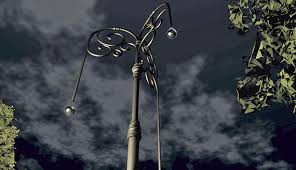 THE “ARMENIAN MONUMENT” OPENED IN GENEVA
THE “ARMENIAN MONUMENT” OPENED IN GENEVA
Tutku DİLAVER 30.04.2018
-
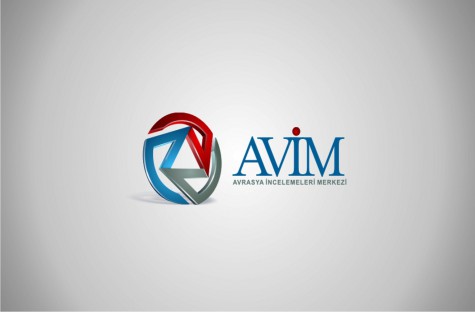 THE EU-RUSSIAN RELATIONS AND THE UKRAINIAN CONFLICT. THE ENERGY UNION, ASSOCIATION AGREEMENT AND GAS NEGOTIATIONS: WHOSE INTERESTS ARE AT STAKE?
THE EU-RUSSIAN RELATIONS AND THE UKRAINIAN CONFLICT. THE ENERGY UNION, ASSOCIATION AGREEMENT AND GAS NEGOTIATIONS: WHOSE INTERESTS ARE AT STAKE?
Maryna SHEVTSOVA 26.04.2015 -
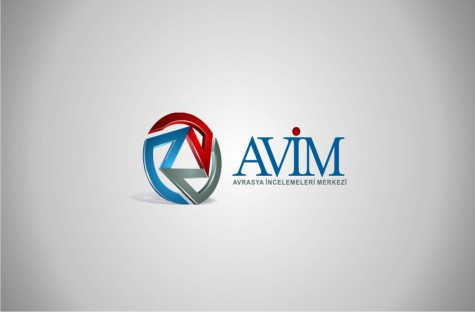 A HYPOCRITICAL CALL FOR INTER-RELIGIOUS DIALOGUE
A HYPOCRITICAL CALL FOR INTER-RELIGIOUS DIALOGUE
Mehmet Oğuzhan TULUN 17.09.2015 -
ENTICEMENT TO TERRORISM
Alev KILIÇ 01.08.2013 -
 PASHINYAN’S QUEST FOR A NEW CONSTITUTION
PASHINYAN’S QUEST FOR A NEW CONSTITUTION
Turgut Kerem TUNCEL 02.02.2024 -
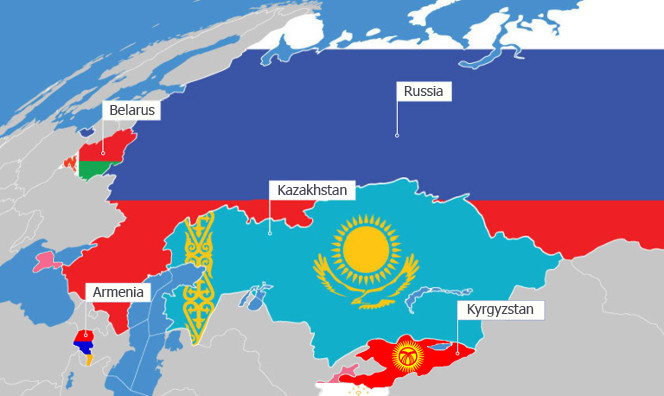 ARMENIA’S “BALANCE POLICY”
ARMENIA’S “BALANCE POLICY”
Hazel ÇAĞAN ELBİR 17.04.2017
-
25.01.2016
THE ARMENIAN QUESTION - BASIC KNOWLEDGE AND DOCUMENTATION -
12.06.2024
THE TRUTH WILL OUT -
27.03.2023
RADİKAL ERMENİ UNSURLARCA GERÇEKLEŞTİRİLEN MEZALİMLER VE VANDALİZM -
17.03.2023
PATRIOTISM PERVERTED -
23.02.2023
MEN ARE LIKE THAT -
03.02.2023
BAKÜ-TİFLİS-CEYHAN BORU HATTININ YAŞANAN TARİHİ -
16.12.2022
INTERNATIONAL SCHOLARS ON THE EVENTS OF 1915 -
07.12.2022
FAKE PHOTOS AND THE ARMENIAN PROPAGANDA -
07.12.2022
ERMENİ PROPAGANDASI VE SAHTE RESİMLER -
01.01.2022
A Letter From Japan - Strategically Mum: The Silence of the Armenians -
01.01.2022
Japonya'dan Bir Mektup - Stratejik Suskunluk: Ermenilerin Sessizliği -
03.06.2020
Anastas Mikoyan: Confessions of an Armenian Bolshevik -
08.04.2020
Sovyet Sonrası Ukrayna’da Devlet, Toplum ve Siyaset - Değişen Dinamikler, Dönüşen Kimlikler -
12.06.2018
Ermeni Sorunuyla İlgili İngiliz Belgeleri (1912-1923) - British Documents on Armenian Question (1912-1923) -
02.12.2016
Turkish-Russian Academics: A Historical Study on the Caucasus -
01.07.2016
Gürcistan'daki Müslüman Topluluklar: Azınlık Hakları, Kimlik, Siyaset -
10.03.2016
Armenian Diaspora: Diaspora, State and the Imagination of the Republic of Armenia -
24.01.2016
ERMENİ SORUNU - TEMEL BİLGİ VE BELGELER (2. BASKI)
-
AVİM Conference Hall 24.01.2023
CONFERENCE TITLED “HUNGARY’S PERSPECTIVES ON THE TURKIC WORLD"









